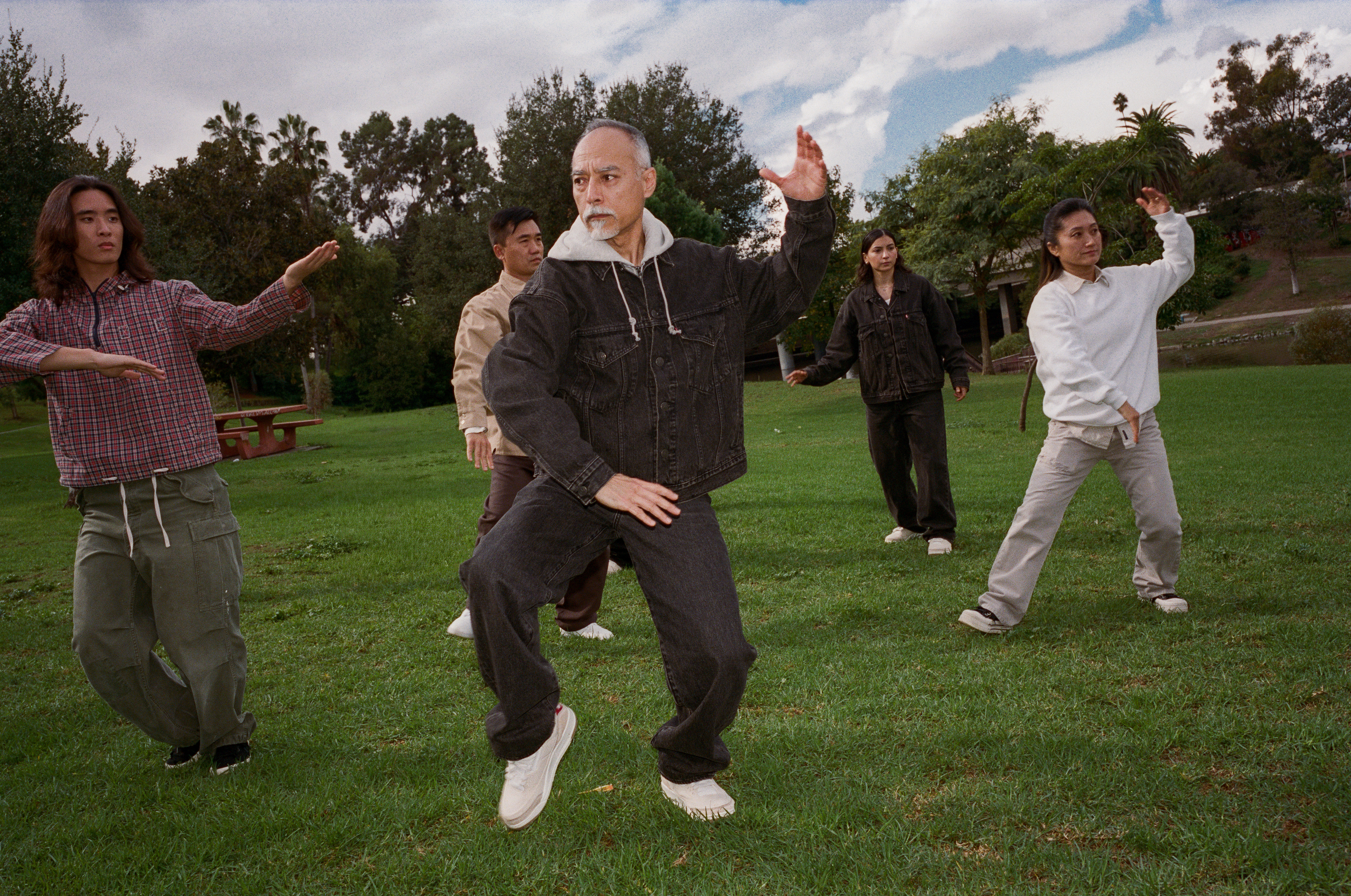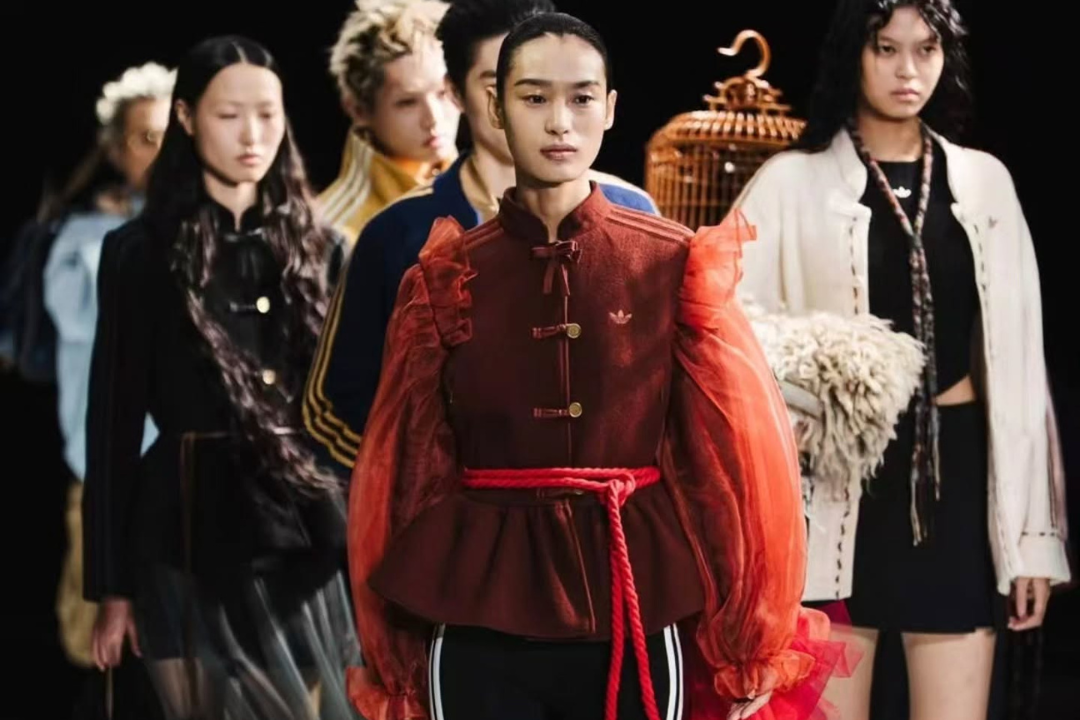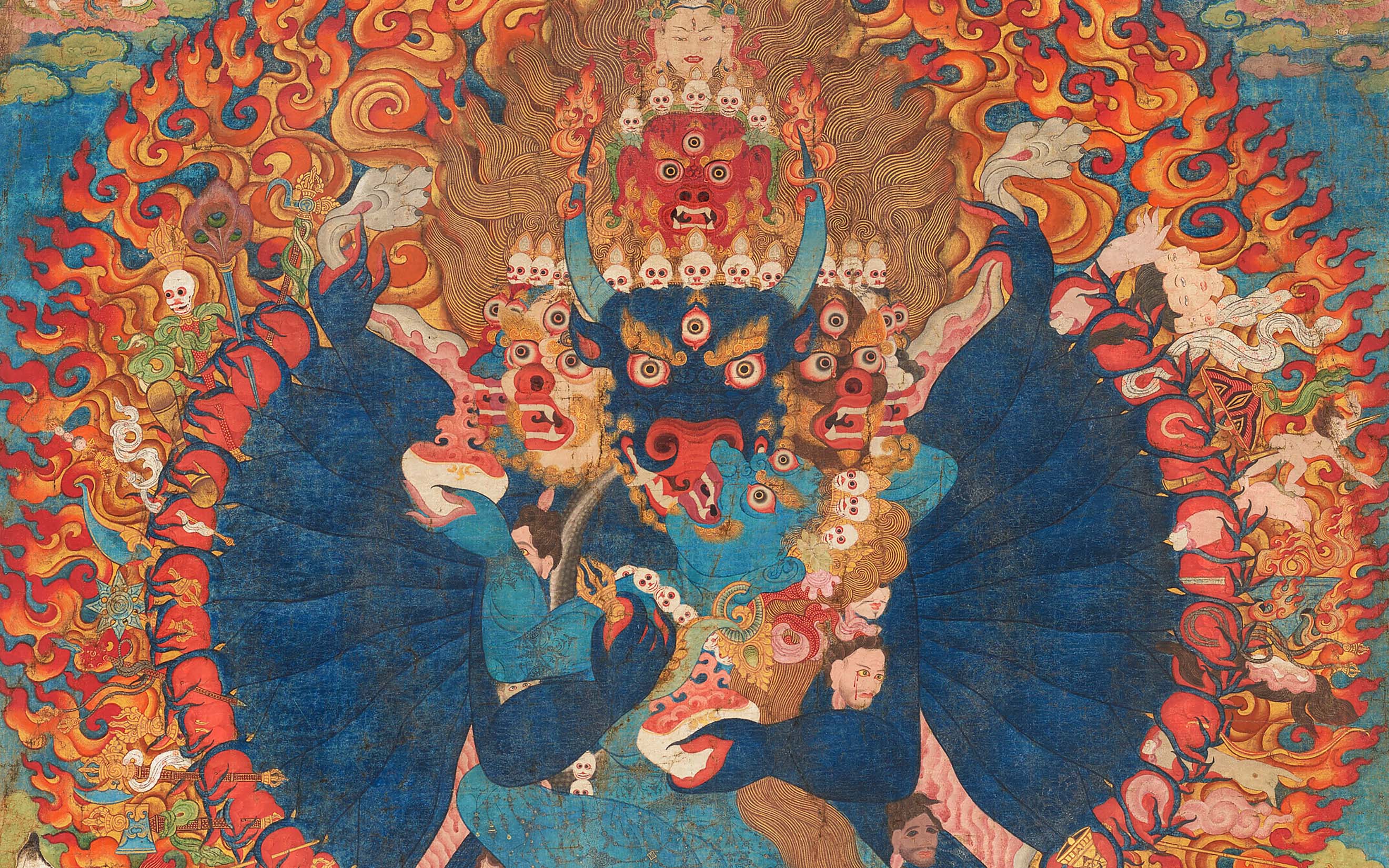If you step into a store in China right now, you’ll notice some special decorations for Chinese New Year. Walls will be adorned with red chunlian (春联, Spring Festival couplets) and fuzi (福字, the character for “fortune”), symbols of prosperity and good luck. The air will be rich with the distinct aroma of dried orange peels, an array of sausages, and cured meat.
Amidst all this, an unmistakable tune might just catch your ear. It’s Andy Lau’s “Gong Xi Fa Cai,” a song that’s managed to become the Chinese New Year equivalent of Mariah Carey’s “All I Want for Christmas Is You.” In fact, the festive atmosphere would become a lot less tangible if the air wasn’t filled with the song’s earworm melody and upbeat lyrics.
The song’s iconic refrain, “Gong Xi Fa Cai” (恭喜发财) translates to “Wishing You Prosperity,” a greeting commonly exchanged during Chinese New Year. This phrase encapsulates the essence of the season — wishing others success, wealth, and happiness in the year ahead.
Hong Kong singer and actor Andy Lau is known as one of the “Four Heavenly Kings of Cantopop,” and even though “Gong Xi Fa Cai” is sung in Mandarin, it’s been an instant classic since it debuted during CCTV’s Spring Festival Gala back in 2005. Much like how Mariah Carey’s iconic Christmas anthem heralds the start of the festive season in the West, “Gong Xi Fa Cai” signals the commencement of Chinese New Year celebrations across Asia and wherever the Chinese diaspora may be found.
Take a quick dive into Google Trends, and you’ll see a striking pattern emerge with “Gong Xi Fa Cai.” For over a decade, the song’s search popularity has surged in a consistent cycle, hitting its peak each year from January to February — precisely during the Chinese New Year celebrations — without fail.

Similarly in Baidu Statistics, the Chinese counterpart to Google Trends, the song’s cyclical popularity is equally remarkable, and the song has a pronounced popularity in Guangdong province, likely a nod to Andy Lau’s roots in Hong Kong.


This year, netizens have embraced “Gong Xi Fa Cai” as a cultural phenomenon, sparking a wave of memes and reactions as we celebrate Chinese New Year. Platforms like Xiaohongshu are buzzing with content that mirrors the meme of Mariah Carey “defrosting” for the holiday season, humorously suggesting that Andy Lau is being “thawed out” as the countdown to Chinese New Year progresses.

Over on Weibo, the meme hashtag “刘德华已经在超市上了19年班了” (“Andy Lau has been working in supermarkets for 19 years now”) held on to the top spot of the popularity ranking with over 200 million views. The posts under the hashtag poke fun at the song’s annual resurgence in supermarkets during this festive period. One user humorously noted, “The moment I hear that line in a supermarket, I think: Hey! It’s New Year! This is the taste of the season!” Another shared, “Whenever ‘Gong Xi Fa Cai’ plays, it feels like people are already in the supermarket buying sunflower seeds and candy.”

The song has woven itself into the fabric of the celebration, becoming a shared memory for nearly all Chinese people. If you’re in China, Happy New Year, and be ready to hear this song on repeat in all the supermarkets for the rest of the month!
Cover image via Youtube.
















